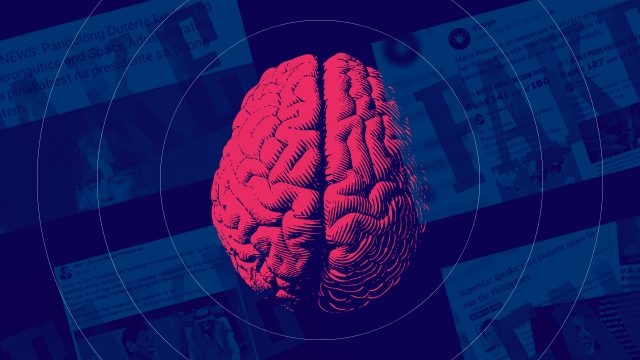SUMMARY
This is AI generated summarization, which may have errors. For context, always refer to the full article.

MANILA, Philippines – A new study by Dr. Gillian Murphy of the University College Cork in Ireland found that people can form false memories after reading fake news stories, especially if those stories support their biases and own political beliefs.
In the study, 3,140 participants were shown 6 news reports about Ireland’s 2018 abortion law referendum. Two of these were fabricated stories about campaigners on either side of the issue engaging in illegal activity. The participants were then asked if they had heard of the events depicted in the story previously. If so, they were asked to recall specific memories about it.
Nearly half of the participants “remembered” a memory about one of the made-up events – many of them even shared “rich details.” They also did not reconsider their memory even after being told that some of the stories they read could be fabricated with several even recounting details not included in the stories.
The participants were also asked how they were going to vote in the referendum, prior to being given the new stories. Those in favor of the referendum were more likely to remember false information about those against it and vice versa, suggesting that the false memories reinforce biases.
“Memory is a reconstructive process and we are vulnerable to suggestion distorting our recollections, without our conscious awareness,” Murphy told BBC.
The phenomenon of fake news forming memories has been studied before, but it’s the first time that it has been tested in relation to a real-world referendum.
The dangers posed by fake news to people presented in this study and those that came before it alarmed fact-checking groups including the UK-based charity Full Fact.
“These findings are concerning and link to previous studies showing how once something is in our memory, it is harder to correct it,” Amy Sippitt, research manager at Full Fact, said.
“That’s why it’s important to tackle the causes of bad information to prevent it from arising in the first place.” – Rappler.com
Add a comment
How does this make you feel?
There are no comments yet. Add your comment to start the conversation.